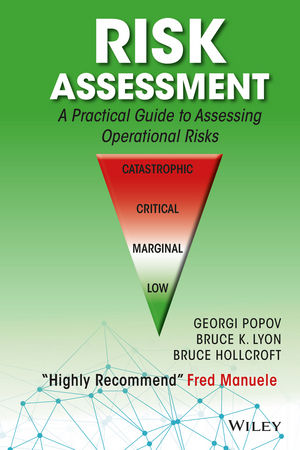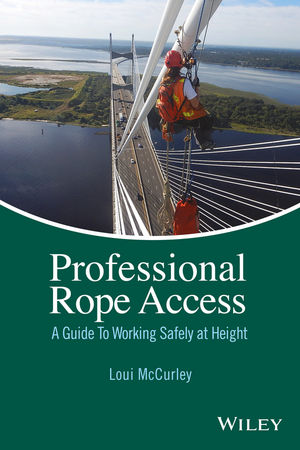Editorial Comments
A sense of normalcy
With in-person shows returning this year, will you attend?

I took my first flight in nearly a year and half recently, and it was a surreal experience. On one hand, it felt great to be doing something I used to do pretty regularly pre-COVID. On the other, it didn’t feel the same. With shows such as ASSP in September and NSC Congress in October planning on in-person events, I’m interested to see how many will choose to attend. Personally, I’m a little burnt out on virtual events, however, conferences as we knew them can be crowded and difficult to social distance.
Do you plan on attending an in-person event this year or are you waiting until 2022? I’d love to hear your thoughts.
Mandatory vaccines?
The most-read article on our website the last couple weeks has been about whether employers should require employees get vaccinated: “The big-ticket question: Can (or should) employers require the COVID-19 vaccine of employees in the workplace?” (https://www.ishn.com/articles/112966-the-big-ticket-question-can-or-should-employers-require-the-covid-19-vaccine-of-employees-in-the-workplace).
Since COVID-19 vaccine distribution began in December 2020, millions of people across the United States have been vaccinated. Still, a large percentage of people remain unvaccinated, which creates challenges for employers. Some are worried that if they do not mandate or encourage the COVID-19 vaccine in their workplaces, employees may invoke the general duty clause under section 5(a)(1) of the Occupational Safety and Health Act (OSH Act) to support a claim that the employer failed to provide a safe and healthy work environment. Now that the vaccine is widely available for adults in most states and many employees are still deciding to forgo the vaccine, employers are grappling with whether to adopt a policy requiring the COVID-19 vaccine. The article goes into detail about what employers should consider when adopting a mandatory vaccine policy, and both legal and practical risks associated with such policies.
On a related note, with the announcement last week that ASSP has opened up registration for their conference in Austin this September, they announced the safety precautions they are taking to ensure everyone who is attending is comfortable. One of the plan requirements is that in-person attendees must provide proof of vaccination or a negative COVID-19 test within 48 hours of the event. I admit I was relieved to read this. I don’t see how an event with hundreds of people interacting and holding meetings could go on without proof of a vaccine or negative test. It also means I won’t be as strict about trying to social distance while walking the expo floor, which helps contribute to a more successful event.
ASSP states: “On-site safeguards involve contactless registration, physical distancing, designated entrances and exits, one-direction aisles, seating limits in meeting rooms and frequent cleaning of common areas. ASSP encourages healthy habits such as consistent handwashing and the use of hand sanitizer. The event will host food trucks for outdoor eating in addition to the many restaurants located near the convention center. Under ASSP’s current safety plan, in-person attendees will need to provide proof of vaccination or a negative COVID-19 test within 48 hours of the event. Other protocols include mandatory face coverings at the convention center and main conference hotel, but this may change. ASSP continues to assess public health guidance on masks in large gatherings and will update attendees on all safety and health requirements as the event draws closer.”
How do you feel about these mandates? Do they make you feel safer and/or affect your decision whether or not to attend?
As the country continues opening up, these issues will remain at the forefront of many employers and event organizers.
Looking for a reprint of this article?
From high-res PDFs to custom plaques, order your copy today!






